
Before we get into why study psychology masters programmes in UK, it’s important to understand what it means to be a psychologist in the United Kingdom.
Here’s the difference between psychology and psychiatry.
| Psychiatrists |
Psychologists |
- Healthcare professionals who deal generally with the human mind and behaviour
- A medical doctor who has specialised in psychiatry after their MBBS
- Can prescribe medicines and treat conditions rooted in anatomy or neurochemistry
|
- Healthcare professionals who deal generally with the human mind and behaviour
- Not a medical doctor but a professional specialising in different techniques of psychological testing and evaluation
- Cannot prescribe medicines but can treat conditions rooted in human emotion or behaviour, through counselling or other methods of therapy.
|
This article looks only at psychology and its career paths in the UK. It is one of the best one year pg courses to pursue from the UK
How do you become a Psychologist in UK?
Even though not a medical doctor, a psychologist plays a significant role in the healthcare industry, especially in today’s world wherein there is increasing emphasis on mental health. To ensure that people get good quality of care from their psychologists, the UK instituted the British Psychological Society nearly 120 years ago.
The British Psychological Society or BPS is the regulatory body that accredits universities’ psychology courses and registers psychologists as chartered practitioners as a hallmark of quality. However, the statutory body that governs practice is the Health and Care Professions Council (HCPC). To independently practice as a counselling psychologist or a clinical psychologist, you will need a doctorate and be registered with the HCPC.
Step 1: Complete a Bachelor’s Degree in Psychology accredited by the BPS.
If you are looking at the UK for your bachelor’s degree in psychology, it is important that you apply for a BPS accredited course. Even if you are not sure of your career path at this juncture, a BPS certified course opens up way more options than a non-accredited one.
If you have completed your bachelor’s abroad, or have a non-accredited degree, you can apply for the accredited psychology conversion course UK. It is one of UK psychology masters programmes that will make you eligible for the Graduate Basis for Chartered Membership (GBC). The best part about conversion courses is that even a student who does not have an undergraduate degree in psychology can apply for it, as it covers the fundamentals of the field.
Step 2: Choose a specialty
On completion of Step 1, you will be at crossroads, deciding what kind of psychologist you want to be. There are a number of specializations for MS in Psychology in UK. During your initial study, you will have the opportunity to research and meet experts who can help you choose your specialization for your masters in psychology.
Some of the popular specializations in UK universities are:
- Biological Psychology
- Clinical Psychology
- Cognitive Psychology
- Developmental Psychology
- Health Psychology
- Individual Differences
- Organizational Psychology
- Psychological research methods and analysis
- Social psychology
- Sports Psychology
Step 3: Complete a BPS accredited postgraduate degree in your chosen speciality
Once your speciality is decided, you can do a BPS accredited postgraduate study. While work experience is not mandatory to get into these programmes, they will help you boost your application and give you the experience to associate theoretical knowledge with real world concerns.
Step 4: Apply to BPS to become a Chartered member
On completion of your specialisation course, you can apply to the BPS and become a Chartered Psychologist. Becoming a chartered member is like a quality assurance that make you more attractive to employers.
| Important Note
There is a difference between Graduate Basis for Chartered Membership (GBC) and Graduate Membership (GMBPsS) in the British Psychology Society.
Completing an accredited course gains you a GBC which is what you want to practise in the UK.
The general graduate membership is more of an access to the society of psychologists, networking and its publications. It is important when you are an established professional. However, as a prospective student, what you are looking for is the GBC. |
Step 5: Becoming a practitioner psychologist with a doctorate
However, to practice independently as a “practitioner psychologist” such as clinical or counselling psychologist, or work with the NHS, you will need to continue with a doctorate (3-year degree) and be registered with the HCPC.
Why study Psychology in UK?
There are numerous reasons why students from all over the world choose psychology masters in UK. Here are some of them.
- You will get access to world class universities, research facilities and infrastructure.
- Most programmes are flexible and modular, allowing you to choose your specialisations from early on.
- Independent thinking and original research is emphasised on, right from the undergraduate level.
- It is also one of the high paying jobs in the UK. Employability is relatively high compared to other fields as there is demand across industries ranging from childcare, education, healthcare to businesses and the corporate world.



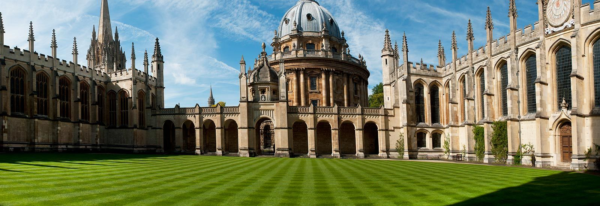
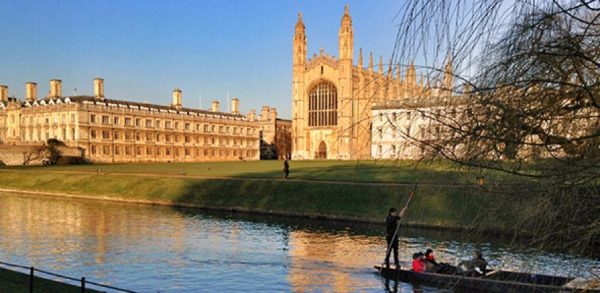
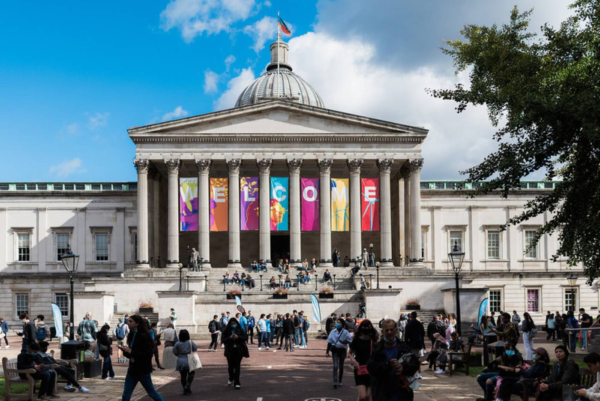
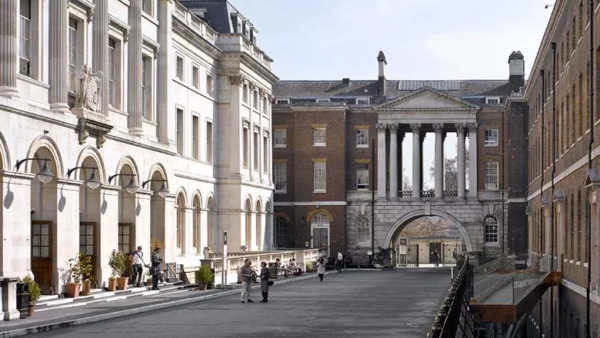
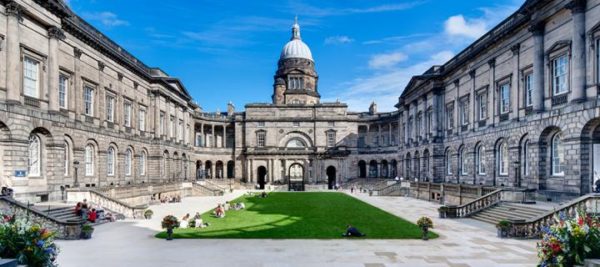
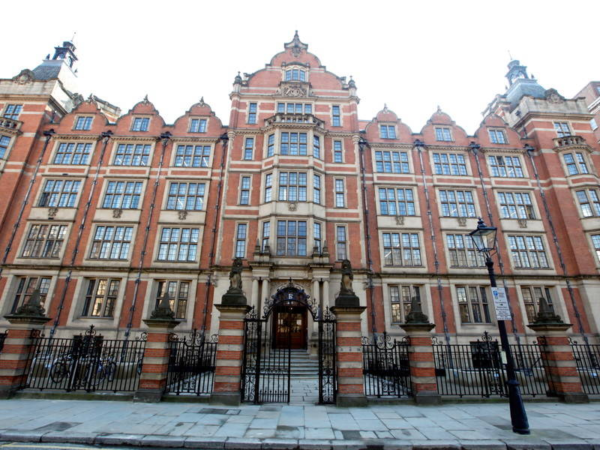
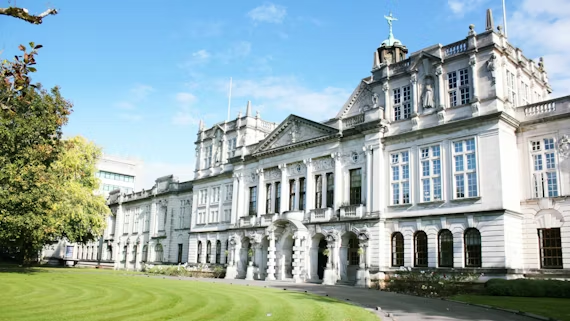
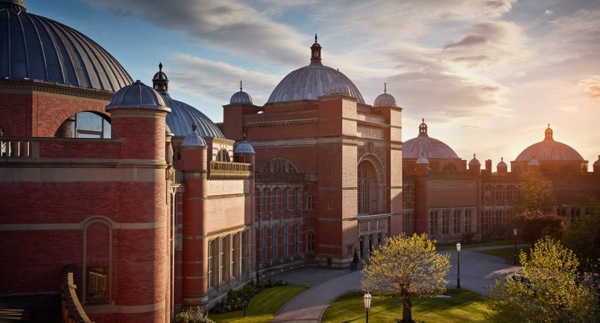

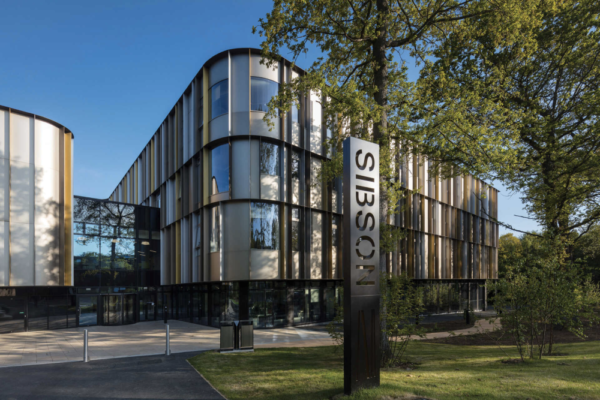
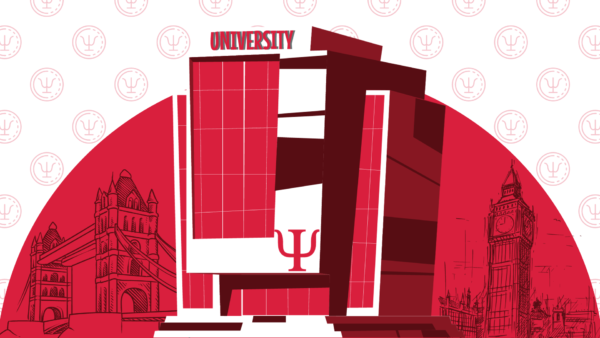
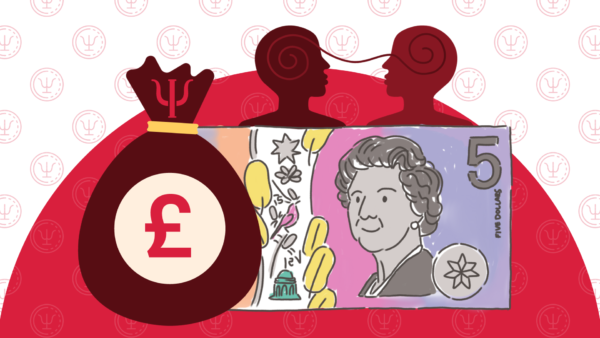

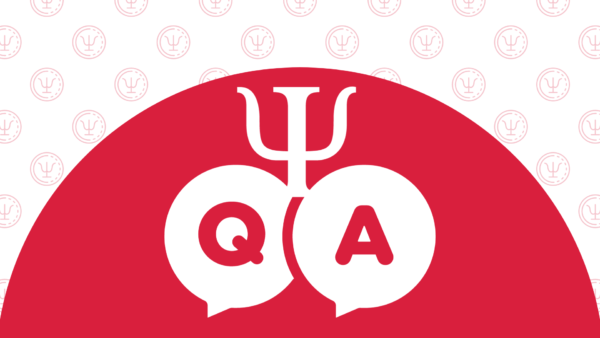







![Best Universities in New Zealand for International Students [2025 Rankings]](https://tcglobal.com/wp-content/uploads/2025/09/Best-Universities-in-New-Zealand-for-International-Students-2025-Rankings-600x338.png)